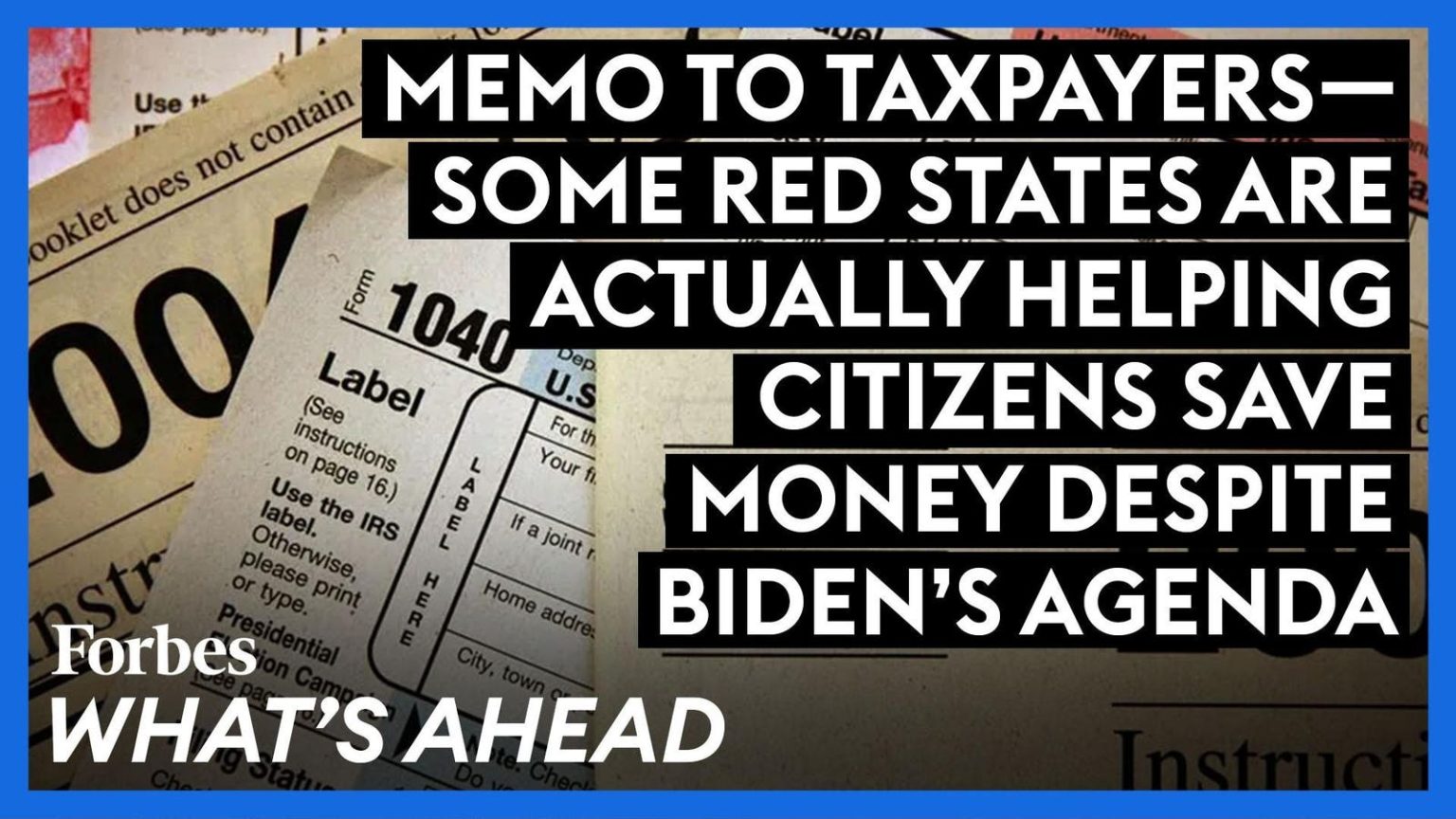President Joe Biden and his administration are advocating for new taxes and increases on existing ones, particularly targeting businesses if they win in November. However, there is a trend among economically successful states to reduce tax burdens, which is attracting voters. States like California, New York, Illinois, and New Jersey are losing residents as people flee to low-tax states.
The shift towards low-tax states is causing a population increase in those areas, while high-tax states are experiencing a decline in residents. This movement reflects a desire among individuals to escape punitive taxes and find friendlier environments to live in. The contrast between states that are reducing tax burdens and those that are increasing them is notable in terms of economic growth and population growth.
This episode of What’s Ahead calls on the GOP to prioritize tax reduction as a major campaign issue. By highlighting the benefits of lowering taxes and the negative consequences of high tax rates, the GOP aims to attract voters who are seeking relief from excessive taxation. Additionally, the episode challenges Joe Biden’s claim that he will not impact taxpayers making less than $400,000 a year, arguing that current policies have already affected individuals in this income bracket.
The debate over tax policy is shaping up to be a significant factor in the upcoming elections, as voters across the country consider the impact of different tax strategies on their financial well-being. By focusing on the economic success of low-tax states and the challenges faced by high-tax states, political parties are attempting to sway voters based on their approach to taxation. The results of these efforts could have a major impact on the outcomes of the elections and the future direction of tax policy in the United States.
As the Biden administration pushes for tax increases and new levies, the opposition party is highlighting the advantages of reducing tax burdens and attracting residents to states with more favorable tax policies. The contrast between high-tax and low-tax states is becoming a central issue in the campaign, with voters paying close attention to the impact of tax policies on their personal finances. Ultimately, the outcome of the elections could determine the direction of tax policy and economic growth in the United States for years to come.
In conclusion, the debate over tax policy is intensifying as the Biden administration promotes tax increases and the GOP focuses on tax reduction as a key campaign issue. The differing approaches to taxation by high-tax and low-tax states are influencing population trends and economic growth, with voters closely monitoring the outcomes. As the campaign progresses, the impact of tax policies on individuals and businesses will continue to be a major point of contention, shaping the political landscape and potential policy changes in the coming years.


